The Luxury Water Guide to Kitchen and
Bathroom Tiles
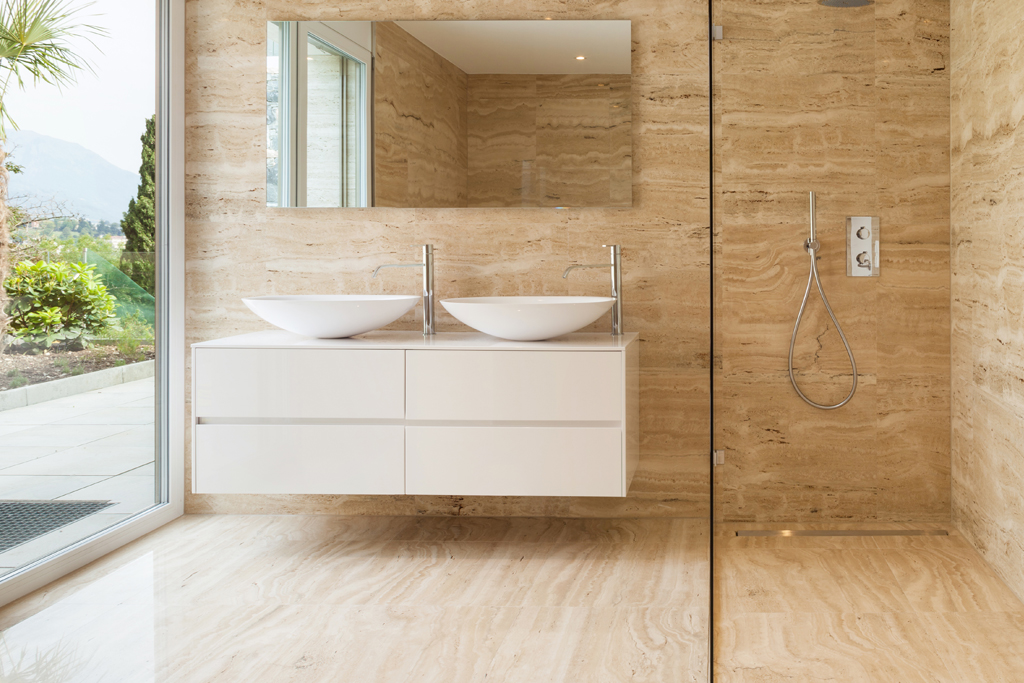

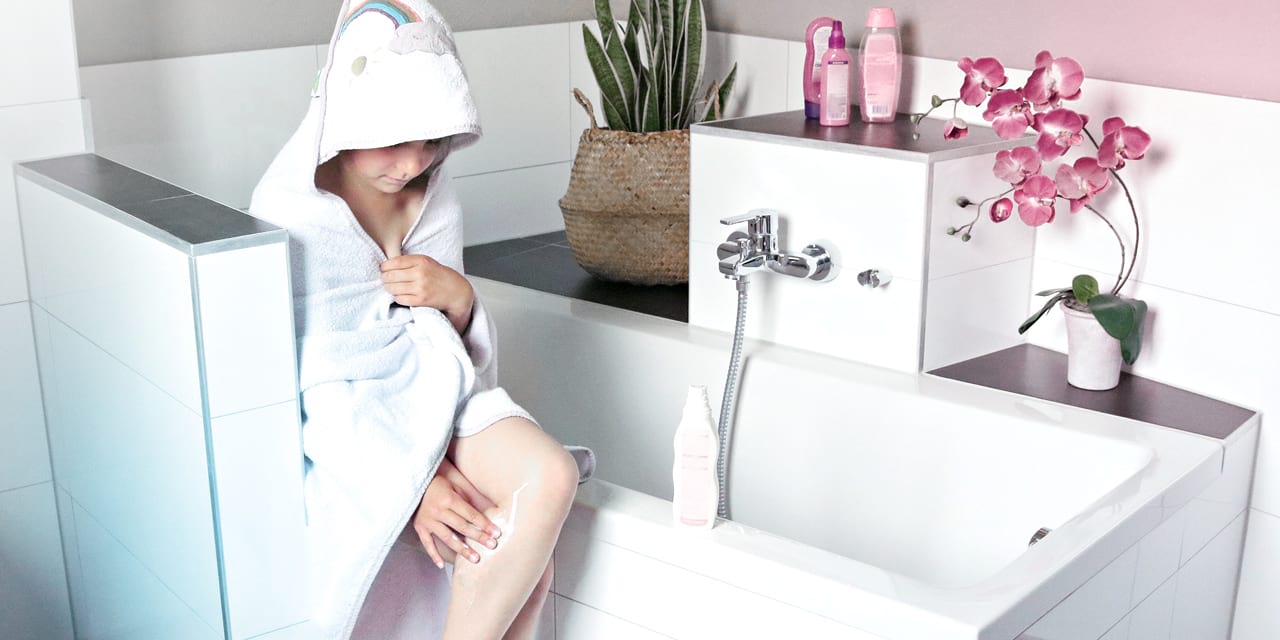
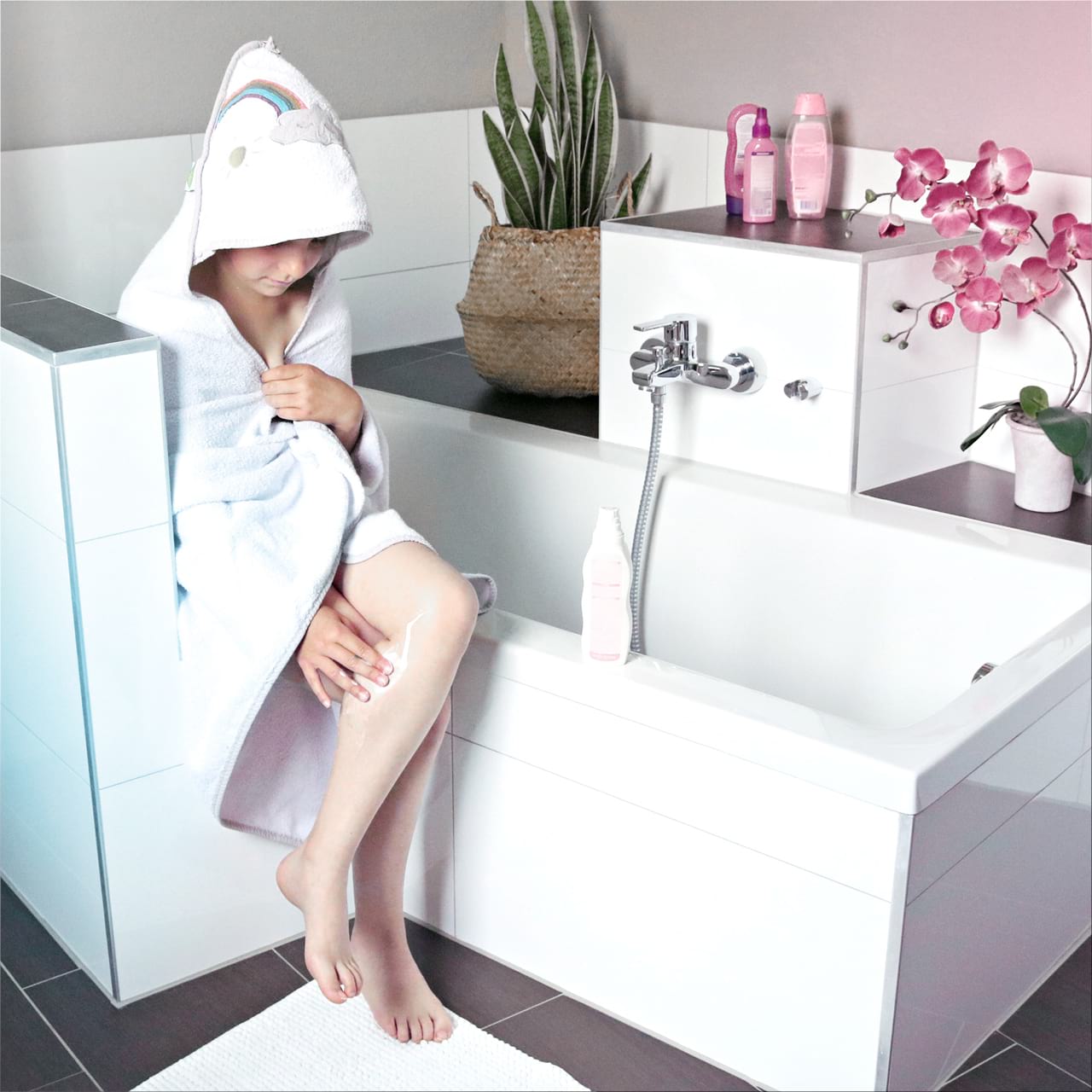
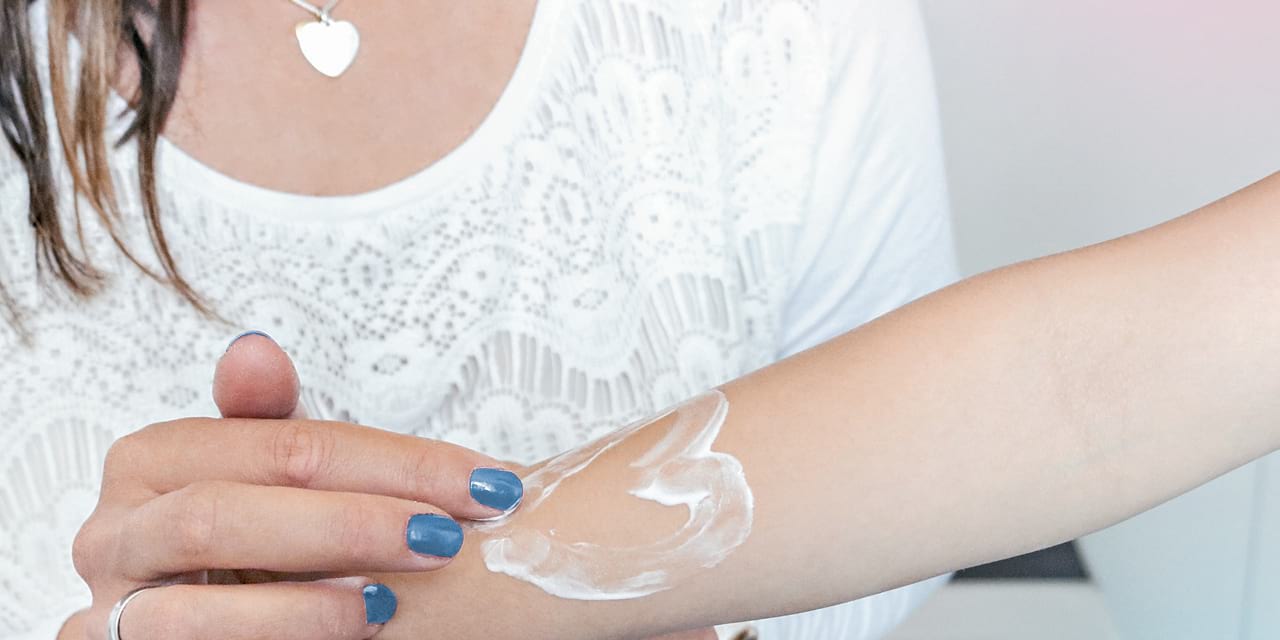
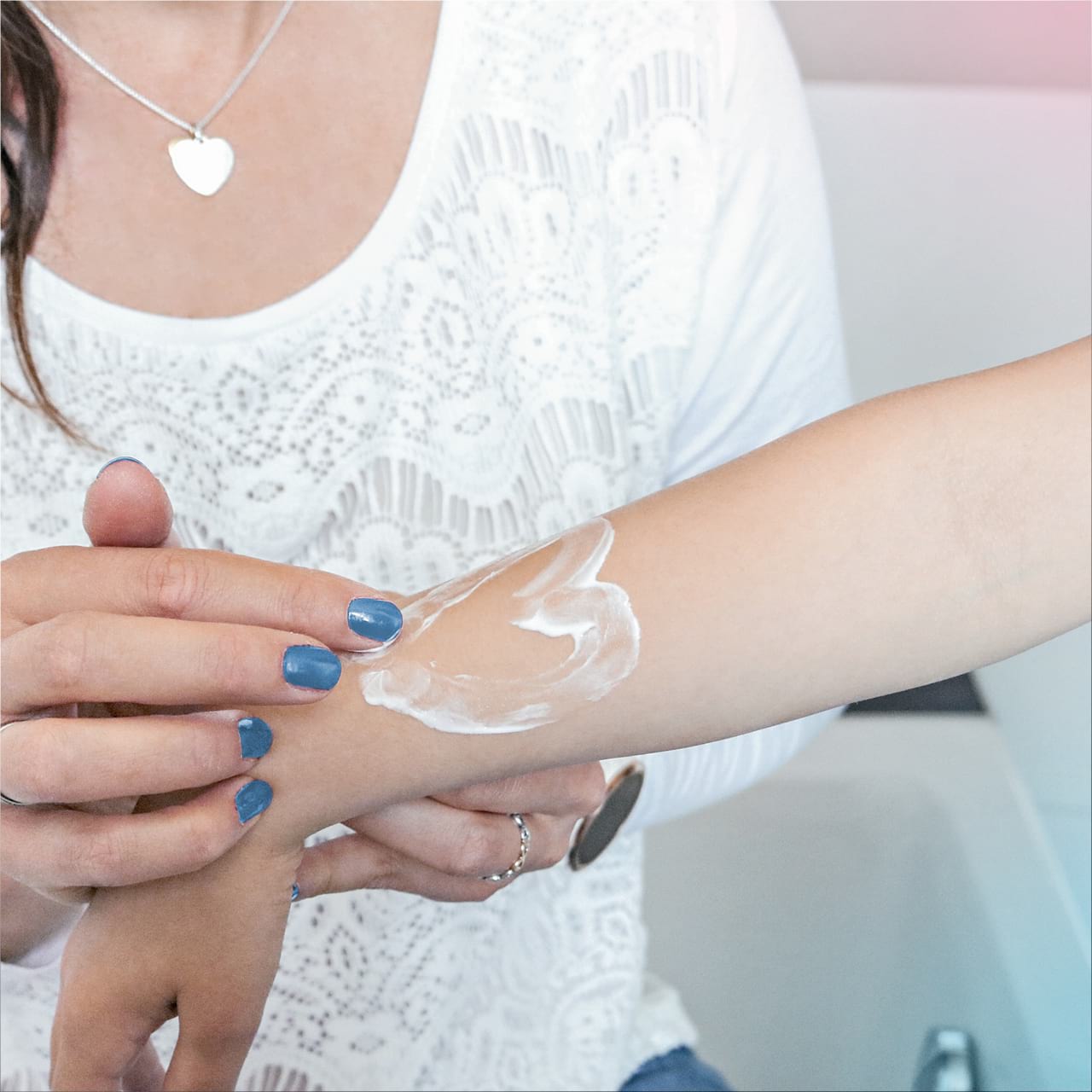
The water absorption rate is only 0.5%, which makes them nearly waterproof and they can be glazed or unglazed. Unglazed porcelain tiles are super resistant to abrasion making them perfect for high traffic floor areas. Glazed porcelain tiles are more likely to show signs of wear. The high density of porcelain tiles makes them difficult to cut. This means they ate not as suitable for DIY projects as ceramic tiles.
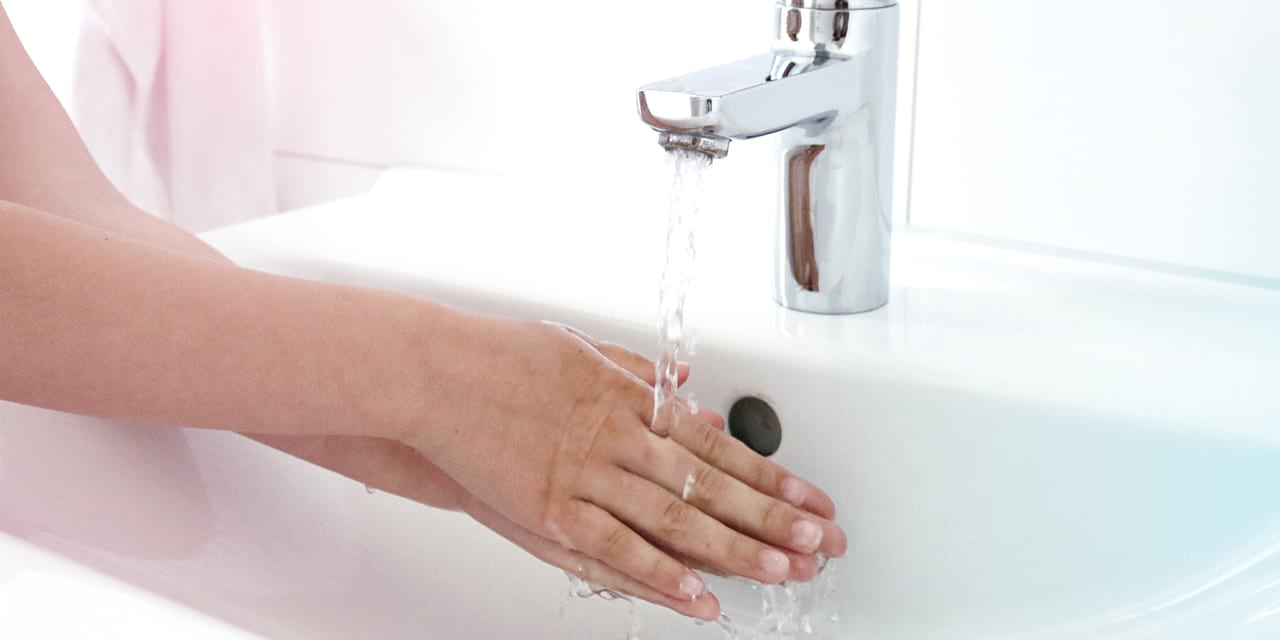
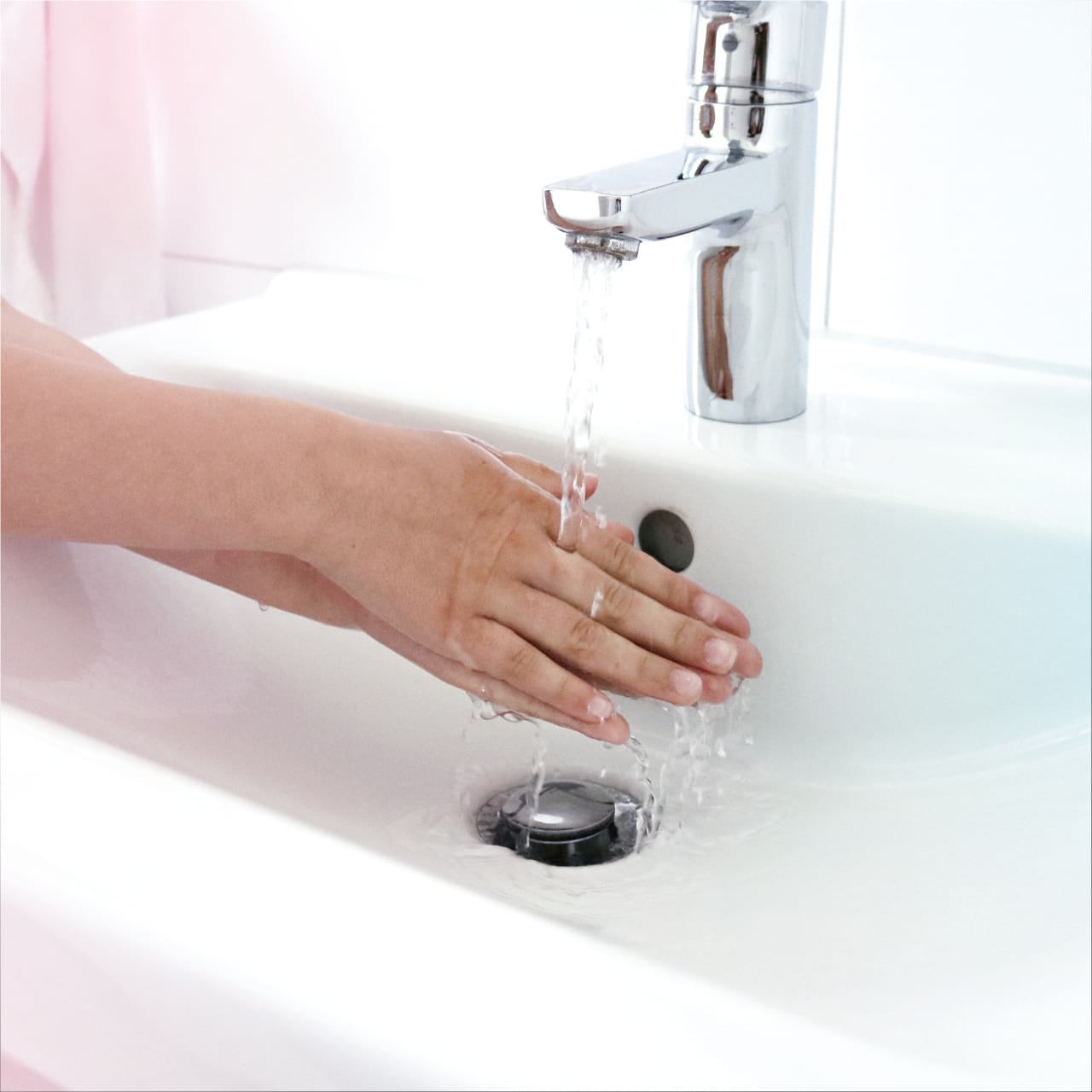
Ceramic Tiles
Ceramic tiles are made from red or white clay which is coated with a glaze and kiln fired. They are durable and easy to clean, making them ideal for splashbacks. They are generally smaller than other types of tile so are easier to lay. Although ceramic tiles can be used for floors, they are not as hardwearing as other types of tile. The glaze can also make them slippery so they should be treated with an abrasive if used for this purpose.
Porcelain Tiles
Porcelain tiles are similar to ceramic tiles but are made using finer clay. They are also fired at a higher temperature making them more durable.
The water absorption rate is only 0.59, which makes them nearly waterproof and they can be glazed or unglazed. Unglazed porcelain tiles are super resistant to abrasion making them perfect for high traffic floor areas. Glazed porcelain tiles are more likely to show signs of wear. The high density of porcelain tiles makes them difficult to cut. This means they are not as suitable for DIY projects as ceramic tiles.
Mosaics
Mosaics are usually made from small pieces of tile called tesserae, although they can be created from a variety of materials including pebbles.
As there is a lot of grout joints they can be ideal for areas where you might need more grip, for example the bathroom floor.
Encaustic Tiles
Encaustic tiles are made using coloured clays so the pattern comes from the clay itself rather than a glaze. They were very popular in Victorian times so can add a sense of heritage style to walls and floors.
Cement Tiles
Cement tiles look similar to encaustic tiles but are made using cement instead of clay. They are pressed and left to cure rather than being fired in a kiln. They, like the encaustic tiles can be used to give a room an historic feel.
Natural Stone Tiles
These tiles can be made from a variety of different stones including marble, slate and quartz. They are beautiful and hardwearing however, they require regular sealing and can be quite a challenge to lay. They are also one of the most expensive options.
Terracotta Tiles
Terracotta tiles are made from special clay, which is shaped with a mould and then baked in a kiln. Although attractive, these tiles are very porous, and stain and crack more easily than other tiles.
After spending so much time deciding on and laying your tiles it's important to make sure they are well maintained. Installing Luxury Water® in your home can help your tiles stay looking perfect for longer. Softened water means less smears, which means less time spent cleaning.
Hard water combined with soap or shower gel, can result in insoluble salts remaining on the skin and hair. This has a negative effect on the greasiness of the skin and makes it rougher. It’s especially important to try and avoid this with your child’s skin.
This unpleasant effect is reduced with softened water. Fortunately, even in regions with hard water, softened water can flow out of the tap, through Water Softener systems, like BWT’s Water Softener range. They ensure hard water is transformed into silky-soft Luxury Water through the ion exchange process.








